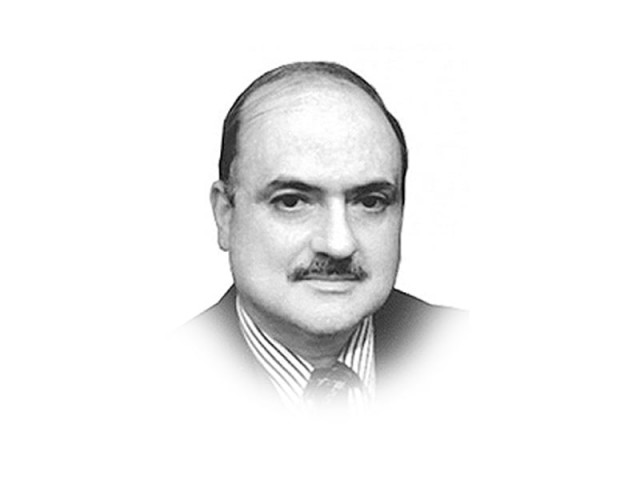Age as an attitude of mind!
It is becoming something of a habit for our intelligentsia to label this blessed country as ‘young’

The writer is former Ambassador of Pakistan and ex-Assistant Secretary General of OIC
It happens to be one of the abiding quirks of human nature that a person never considers himself (or herself) as ‘old’. Others yes, but when it comes to oneself, even the laws of nature have to take a back seat. The older one gets, the higher becomes the acceptable norm of what constitutes ‘old age’. To a teenager, for instance, a person of thirty or thereabouts is ‘old’. To a thirty-year-sold person, the acceptable image of ‘old’ hovers around fifty years! What it boils down to is: even the Goal Posts are not sacred in so far as this exercise goes.
The definition of what constitutes old age, consequently, can never be precise. In terms of mathematics, it is a variable, not a constant.
Having come this far, one can now safely move on to the question ‘what is old?’ The dictionary defines ‘old’ as ‘having lived a long time’ or ‘advanced in age; no longer young’. A fat lot of help these definitions are, especially when one’s aim is to achieve precision. ‘Old’ happens to be a rather useful word in so far as English idioms go. From ‘a chip off the old block’, through ‘old beyond one’s years’ and ‘old enough to know better’ to such gems as ‘old enough to be somebody’s father’, ‘old wives’ tale’ and ‘teaching an old dog new tricks’, there is a rather wide spectrum of idioms to choose from.
Giving the matter a subtle twist, the word ‘antique’ also evokes one’s interest. Collecting antiques has become the preferred hobby especially of the nouveaux riches. This is as against those of the ‘old school’, who happen to be in possession of the said antiques through inheritance. There is thus a tug of war of sorts between these two social classes — one clinging to tradition that has come its way by birth and the other trying to make a grab for its vestiges by making use of its new-found wealth.
This brings us to the very pertinent question: how does one discern genuine ‘antiques’ as against those items that are merely ‘old’ or ‘ancient’? According to the dictionary, ‘antique describes an object which has survived from the past and is, therefore, valuable today’. This definition is anything but precise, because one sees around oneself several objects that have regrettably survived from the past, but can only be classed as ‘junk’.
That knotty twist having been thrashed out, hopefully to the reader’s satisfaction, one can now safely hark back to the matter at hand. How old does one have to be to be definitely considered ‘old’? The correct answer is: It all depends on the liver! There is, of course, a pun on the word ‘liver’. ‘Liver’ can refer to the individual in question. It could also indicate that to live well the individual needs a healthy ‘liver’. An individual, then, is only as old as he, or she, feels.
To cut a long story short, being old or otherwise is nothing but a state of mind. A person may be ‘old’ at twenty years of age or, alternatively, ‘young’ at eighty years! ‘Old’, then should be considered as a relative term, not precise and never, never accurate! And that brings to mind the age-old differentiation between ‘accuracy’ and ‘precision’. One had better stop here before tying oneself up in knots. There must be a moral in this somewhere, if the perspicacious reader cares to discern one!
Published in The Express Tribune, August 12th, 2018.
Like Opinion & Editorial on Facebook, follow @ETOpEd on Twitter to receive all updates on all our daily pieces.












COMMENTS
Comments are moderated and generally will be posted if they are on-topic and not abusive.
For more information, please see our Comments FAQ